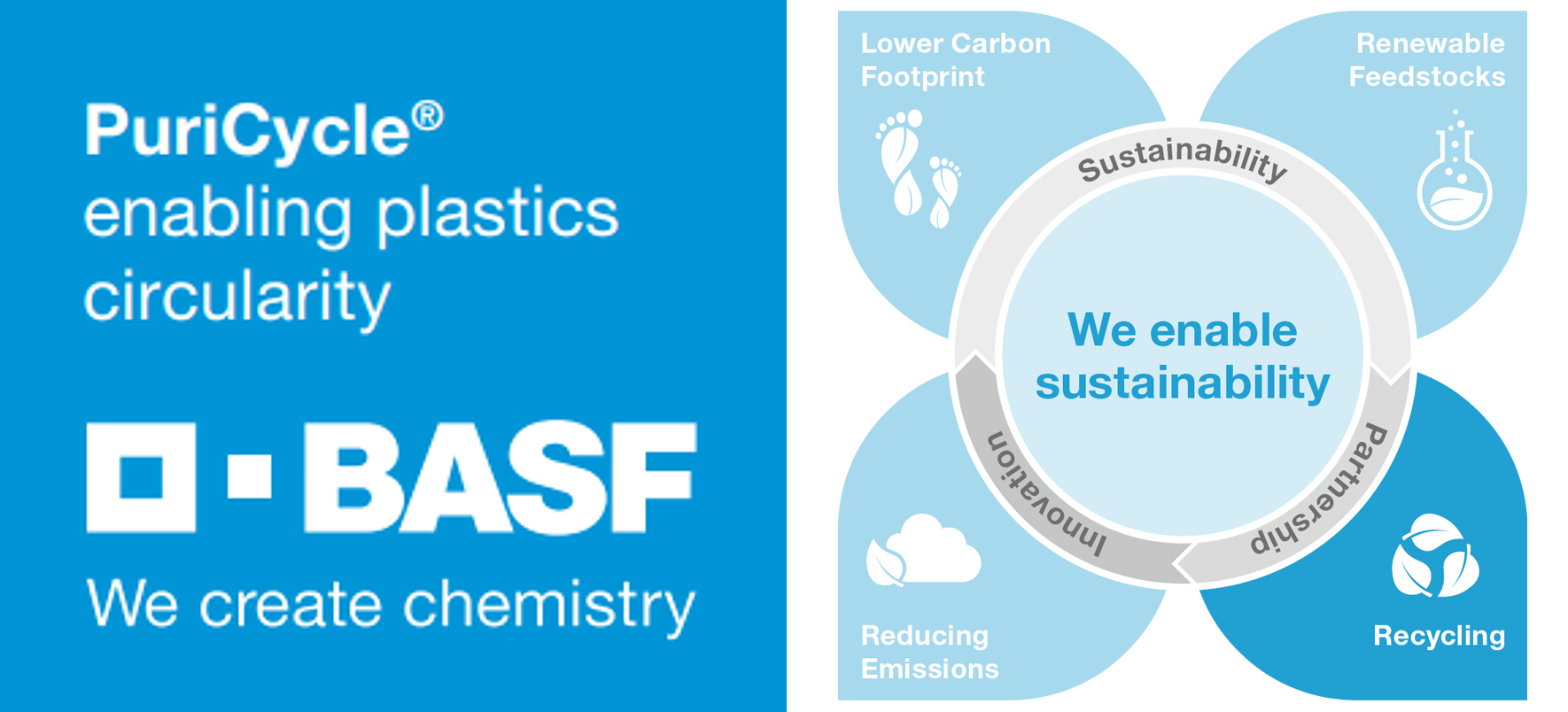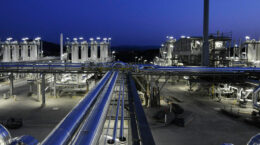Chemical Recycling of Waste Plastics
Chemical or monomer recycling is a highly promising method to convert polymers to original monomers by using thermal processing. Pyrolysis is a well-known technology that is already established in certain areas and has been successfully used to turn waste plastics into naphtha, the preferred feedstock for the production of virgin olefins in modern petrochemical industry. Waste plastics based pyrolysis naphtha is often contaminated and requires clean up to be qualified for further processing into olefins.
Selective Hydrogenation
Our offering: PuriCycle® SH
Plastics pyrolysis feeds generated by thermal non catalytic or catalytic pyrolysis processes normally contain high amounts of unsaturated compounds, often up to 50-60 wt % of olefins and up to 4-5 wt % of diolefins depending on the specificity of the process. While olefin saturation can be completed downstream in a hydroprocessing unit, heating up streams containing high levels of polyunsaturates i.e. diolefins is a challenge as these compounds tend to oligomerize and condense into waxes contributing to coking of heat exchangers. At certain elevated levels diolefins pose a problem for transportation of pyrolysis liquids making them less stable. BASF offers PuriCycle® SH products for selective prehydrogenation of plastics pyrolysis feeds to remove polyunsaturated compounds enabling transportation and/or downstream processing.
Our offering: PuriCycle® M
High levels of metals are often found in waste plastics pyrolysis feeds. Some of them are very challenging to remove with conventional process options being costly and equipment intensive. Metals in pyrolysis streams substantially limit downstream process options. PuriCycle® M guards offer exceptional performance for eliminating some of the most difficult to remove metals i.e. Si.
Dechlorination
Our offering: PuriCycle® H, PuriCycle® HB
Halogens and more specifically chlorides are often present in waste plastics pyrolysis streams. The levels vary greatly depending on the types of plastics used, preprocessing configuration and overall process design. Removal of halogens is important to protect downstream equipment. BASF offers PuriCycle® H in a nonregenerable service, an adsorbent which efficiently and selectively binds halogens ensuring the highest purity of the product stream.
Hydroprocessing
Our offering: PuriCycle® HPF1, PuriCycle® HPF5
Immense diversity among compositions of plastics pyrolysis liquids result in a wide spectrum of related impurities. Most plastics pyrolysis feeds are rich in unsaturated compounds, aromatics and often include -N, -O, and -S compounds as well as traces of metals such as Si, Hg and others. Depending on the downstream use of these streams there are different purity and compositional requirements. Feeding steam crackers, which is widely seen as the most feasible route to close the plastics loop, requires plastics derived feeds that satisfy stringent purity specs. Hydroprocessing is often viewed as the preferred universal process solution to hydrogenate unsaturated compounds and simultaneously remove heteroatoms such as -N, -O, and -S. BASF offers a range of PuriCycle® HP products as efficient hydroprocessing catalysts optimized for high performance in plastics pyrolysis liquids.






